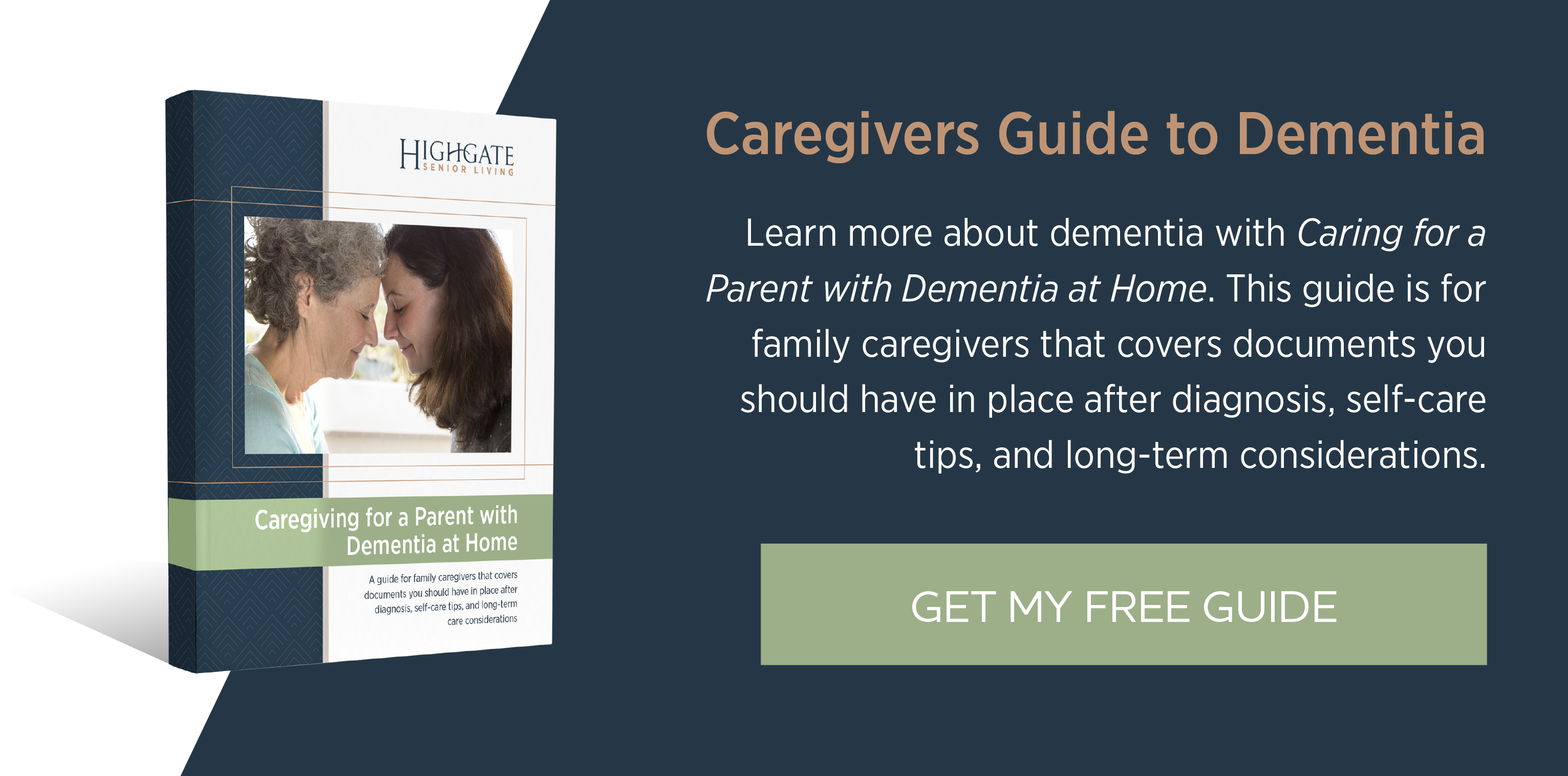 Is it really dementia? Does mom have Parkinson’s? Could it be Alzheimer’s? The questions that follow a noticeable change in behavior and mood of a parent can be overwhelming, and just plain scary. While in some cases you might be faced with one of the diagnoses mentioned above, a misdiagnosis can happen more often than you might realize.
Is it really dementia? Does mom have Parkinson’s? Could it be Alzheimer’s? The questions that follow a noticeable change in behavior and mood of a parent can be overwhelming, and just plain scary. While in some cases you might be faced with one of the diagnoses mentioned above, a misdiagnosis can happen more often than you might realize.
More than 50 conditions can cause or mimic the symptoms of dementia, here are some of the most common culprits.
1. Medication Side Effects
Medications can interfere with memory and sometimes masquerade as dementia symptoms.
Here are some facts to keep in mind:
- 87 percent of seniors are on at least one prescription medication
- More than a third of seniors take five or more prescription medications daily
- Nearly 40 percent also take over-the-counter medication.
All medications carry with them a variety of side effects, and some medications do not interact well with others.
To make matters more difficult, our body processes medication differently as we age. As you get older, it’s common to experience:
- A decrease in muscle mass and an increase in fat (which acts as a drug reservoir)
- A decline in renal function (which makes it more difficult to process and break down medications)
With an increase in fat stores and decreases in renal function, the length of time medications live within the body can be dramatically increased.
2. Delirium
Delirium can closely resemble dementia. Common causes of delirium include intoxication, fever, and infection. But, there are two important differences between delirium and dementia:
- Speed of onset. Delirium can develop quickly in a matter of hours or days, whereas dementia evolves over months or years.
- Level of consciousness. In delirium, consciousness is either clouded or fluctuates between drowsiness and alertness. Dementia doesn’t affect the level of consciousness.
3. Depression
Depression is also common in the elderly, with approximately 6 million people over age 65 suffering from the condition. But, depression is also the most treatable of all mental illnesses.
Severe depression when untreated can cause “pseudodementia”. When depression is treated, cognitive impairment can improve, but simply experiencing pseudodementia can leave seniors more susceptible to actually developing a form of dementia or Alzheimer’s later on in life.
4. Subdural Hematoma
Has your loved one recently experienced a fall where they possibly hit their head? A subdural hematoma is a blood clot located in the brain, usually caused by bruising.
When blood clots are located in the subdural area (between the brain surface and the thin membrane that covers it), they can cause symptoms that mimic Alzheimer’s disease.
Subdural hematomas in the elderly can develop after a very minor head injury, especially if your loved one is on a regimen of blood thinners.
5. Urinary Tract Infection
While you have heard of (or even experienced) a urinary tract infection at some point during your life, these infections of the bladder or kidneys can present very differently in older adults, causing abrupt confusion, agitation and mood swings — which are also symptoms of Alzheimer’s.
While none of these conditions is pleasant, the good news is their treatable. Understanding that your parent’s memory loss, confusion and decreased physical ability might stem from a more acute condition can help you get your parent the best medical care they need.






